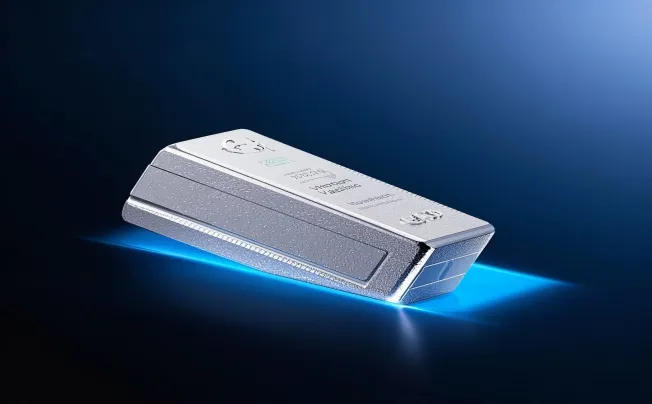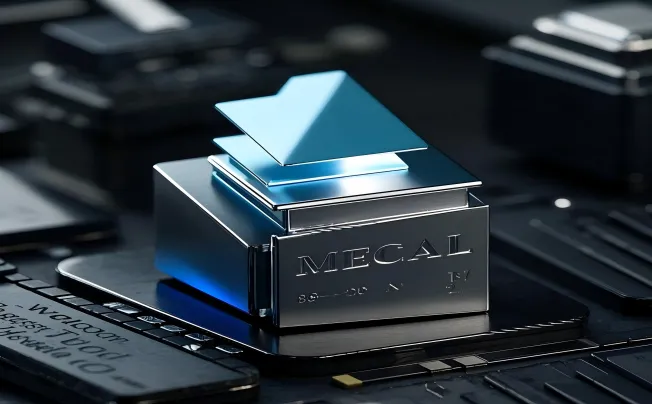The Definition of Electrical Conductivity
Electrical conductivity is a fundamental property that describes how well a material can conduct electric current. In simple terms, it signifies the ease with which electric charge carriers, typically electrons, can move through a material when subjected to an electric field.
This movement of charge leads to the flow of current, which is crucial for powering electronic devices and electrical systems. The unit of measurement for conductivity is Siemens per meter (S/m), indicating how conductive a material is over a specific distance.
Factors Influencing Conductivity in Materials
Several factors play a role in determining the conductivity of materials. One significant factor is the availability of free charge carriers within the material; materials with more free electrons or ions tend to be better conductors. Additionally, the mobility of these charge carriers influences conductivity; higher mobility allows for faster charge transfer and, thus, higher conductivity.
Temperature also affects conductivity, as increased temperature can lead to more atomic vibrations, hindering electron movement. Furthermore, the crystal structure and defects present in a material impact its conductivity by altering electron pathways.
Exploring Types of Materials Based on Conductivity
Materials are broadly categorized into three groups based on their electrical conductivity: conductors, insulators, and semiconductors. Conductors have high electrical conductivity due to abundant free electrons, allowing current to flow easily through them - metals like copper and aluminum are common examples.
Insulators exhibit very low conductivity since they lack freely moving charge carriers; materials such as glass and rubber fall into this category. Semiconductors possess intermediate levels of conductivity that can be altered by external factors like temperature or impurities; silicon and germanium are classic semiconductor materials widely used in electronic devices.
Conductivity Behavior in Pure Manganese
Manganese, as a transition metal, exhibits interesting electrical conductivity behavior in its pure form. Metallic bonding is the primary reason behind this phenomenon. In metallic bonding, the outer electrons of manganese atoms are delocalized, meaning they are free to move throughout the material. This results in a sea of mobile electrons that can carry electrical charge easily through the structure of pure manganese.
Furthermore, electron mobility plays a crucial role in determining the electrical conductivity of pure manganese. Electrons in metals like manganese can move relatively freely due to their metallic bonding nature and lack of fixed electron positions. This high degree of electron mobility contributes to manganese's ability to conduct electricity efficiently compared to non-metallic elements.
When comparing pure manganese's conductivity with other metals, it falls somewhere in between high- and low-conductivity metals. While not as conductive as highly conductive metals like copper or silver, pure manganese still exhibits respectable electrical conductivity properties that make it suitable for various applications where moderate levels of conductivity are required.
Influence of Impurities on Manganese's Conductivity
The presence of impurities in manganese can significantly influence its electrical conductivity properties. One way impurities affect conductivity is through their impact on the regular crystal lattice structure of pure manganese. Introducing impurities disrupts this orderly arrangement, leading to changes in electron mobility and overall conductivity.
Alloying elements play a crucial role in modifying and enhancing the electrical properties of manganese. By alloying with other metals or elements, specific desired characteristics, such as increased strength or improved conductivity, can be achieved. For example, adding small amounts of aluminum or copper to manganese can alter its electronic structure and enhance its ability to conduct electricity effectively for specialized applications.
Applications and Uses
Conductivity Applications in Industry
Manganese, with its intriguing electrical conductivity properties, plays a pivotal role in various industrial applications. One of the most notable uses of manganese is in the field of steelmaking. Manganese is often alloyed with steel to enhance its strength and durability.
The addition of manganese helps in deoxidizing the steel and removing impurities, resulting in high-quality steel products. This process not only improves the mechanical properties of steel but also enhances its electrical conductivity, making it an ideal material for construction and infrastructure projects.
Moreover, manganese finds extensive application in the realm of batteries. Manganese dioxide is commonly used as a cathode material in alkaline batteries due to its excellent conductivity and stability.
These batteries are widely utilized in portable electronic devices, automotive applications, and even grid energy storage systems. The efficient electrical conductivity of manganese dioxide ensures reliable energy transfer within the battery cells, thereby enhancing their performance and longevity.
Unique Uses for Manganese's Electrical Properties
Beyond traditional industrial applications, manganese's electrical properties have paved the way for innovative advancements in electronics and magnetic materials. In electronics manufacturing, manganese is utilized as a dopant material to modify the electrical behavior of semiconductors. By carefully controlling the concentration of manganese atoms within semiconductor devices, engineers can tailor their conductivity characteristics for specific applications such as transistors or diodes.
Furthermore, manganese's magnetic properties have led to its integration into magnetic materials used in various technologies. Manganese-based alloys exhibit ferromagnetic behavior at room temperature, making them suitable for applications like data storage devices and magnetic sensors.
The precise manipulation of these materials allows for efficient data encoding and retrieval processes in modern electronic gadgets such as hard drives and sensors. This underscores the versatile nature of manganese's electrical properties across diverse technological domains.








